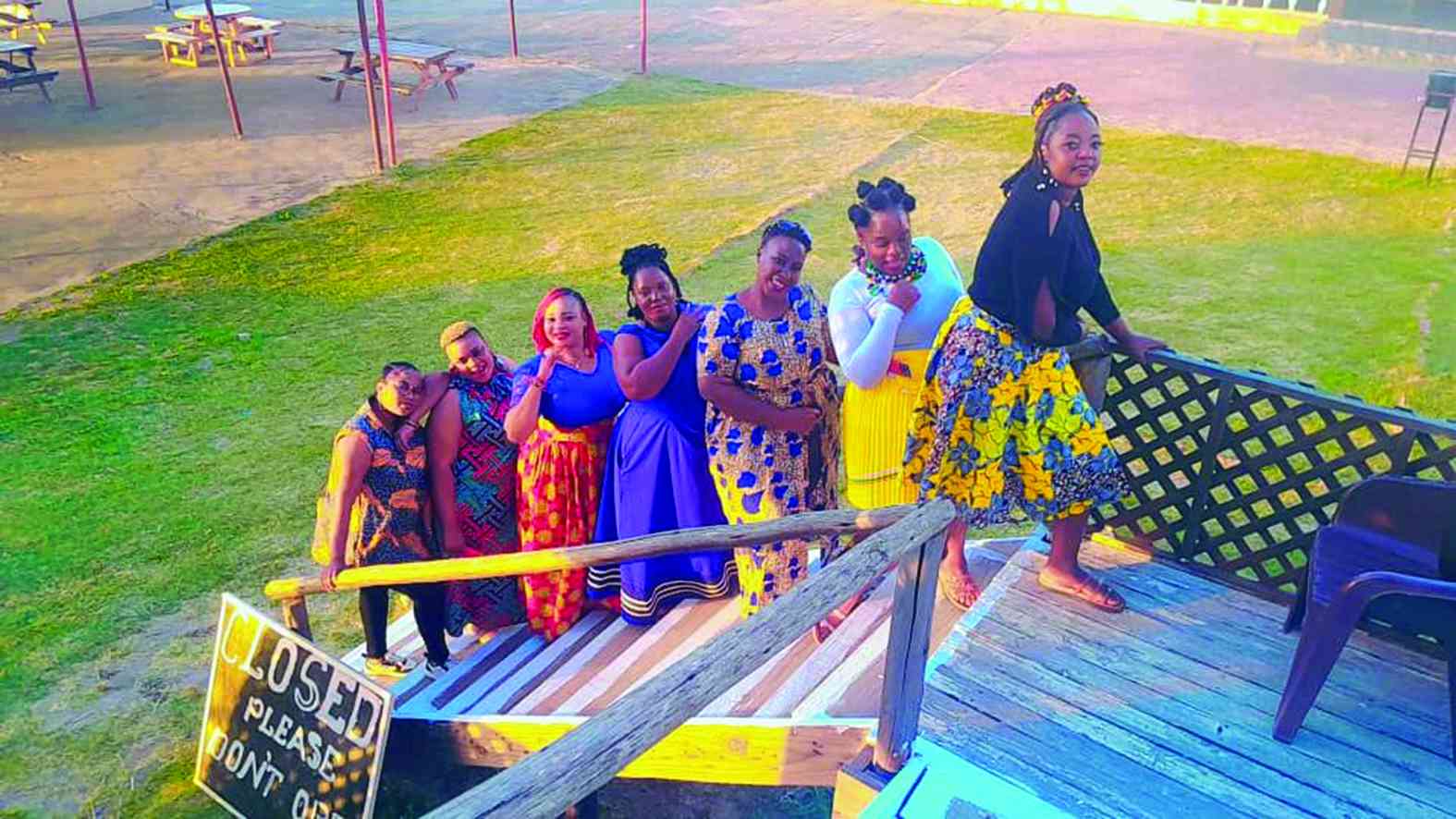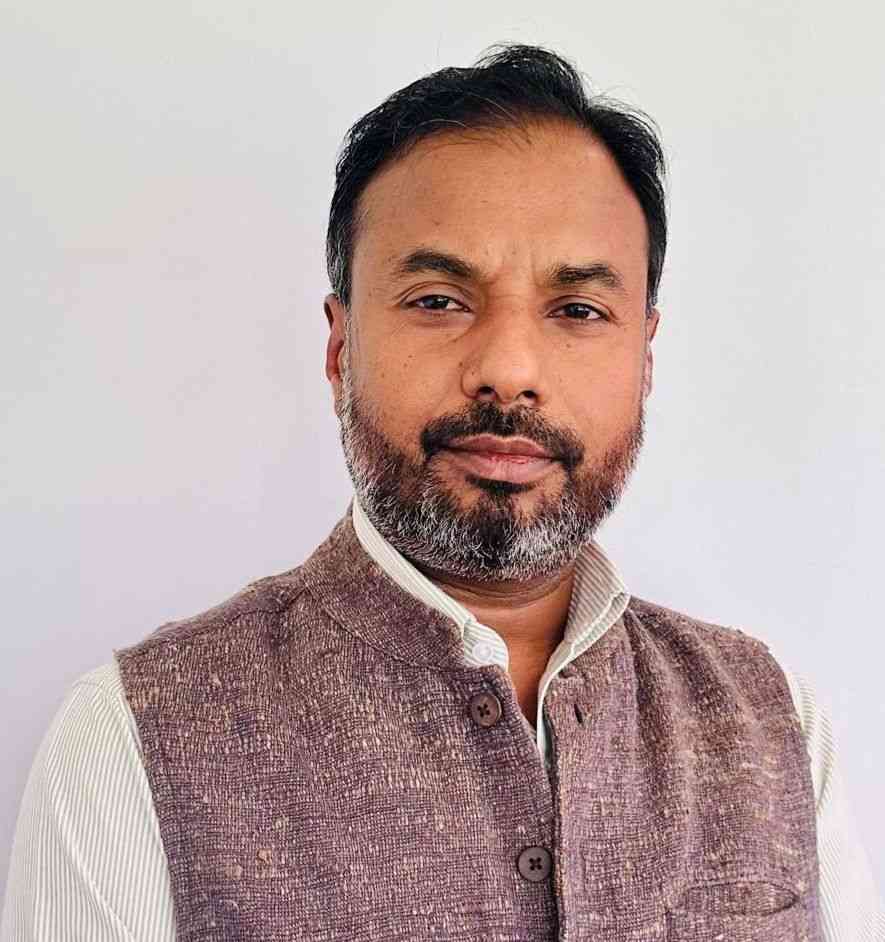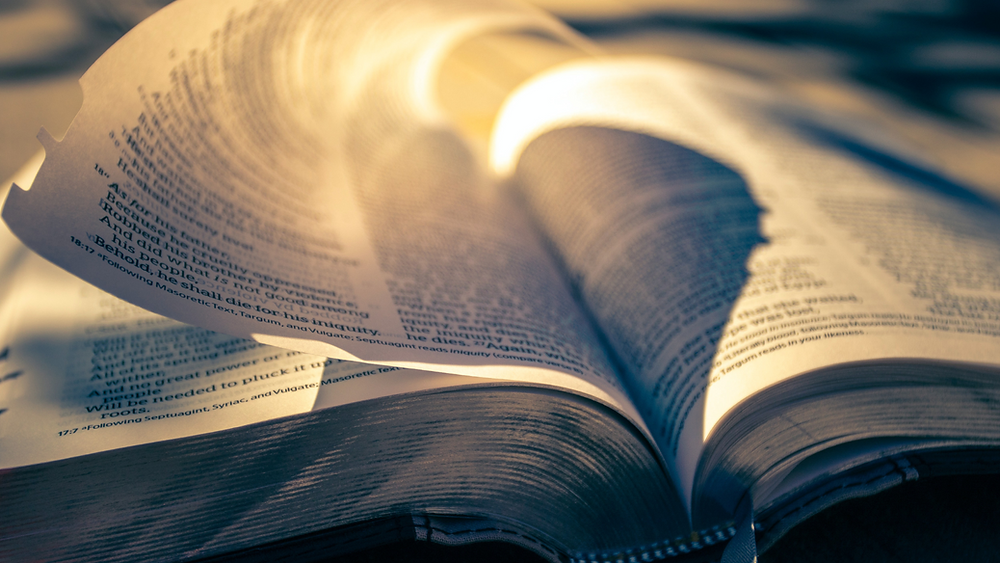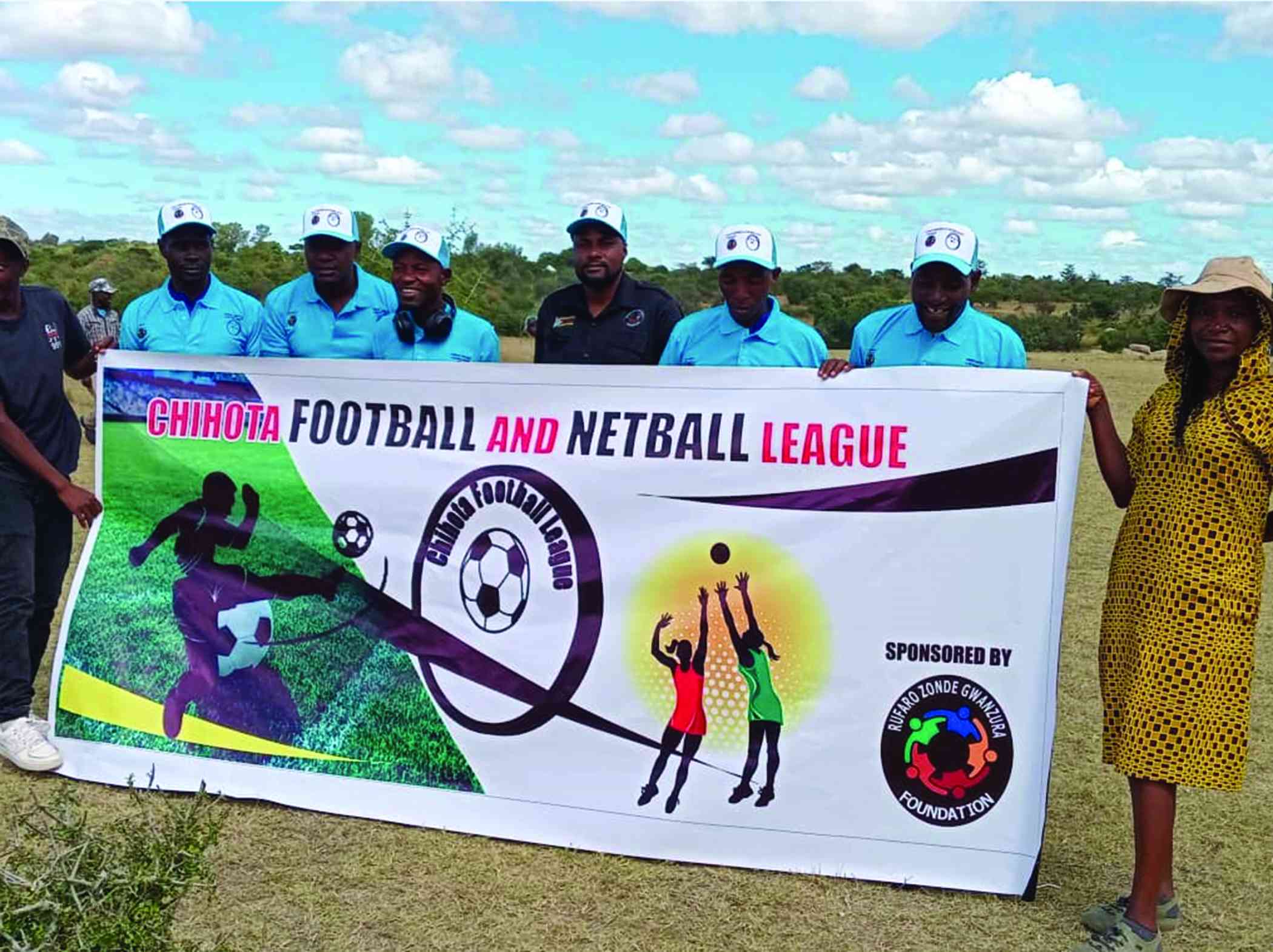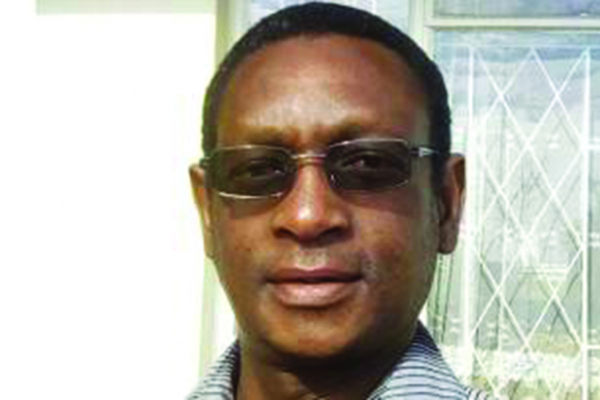
guest column:Tendai Ruben Mbofana
IT was with great delight and jubilation when I learnt about the establishment of an African museum, that would tell the true African story from the perspective of Africans themselves — as that would provide us with a long, long, long overdue opportunity (or, should I say, right) to finally record where we have come from as a people, where we are, and where we are going — without any undue foreign (and, usually unwelcome, unwarranted, and insincere) interference, distortions, and misinformation.
Honestly, who would not love this idea — since our continent is touted as the cradle of humanity, and a treasure trough of so much hidden history, largely covered under the veil of colonial and euro-centrist narratives?
It would be akin to finally unwrapping that long-awaited present — or better still, finding and opening that treasure chest, that many in history had never been successful in discovering.
As someone who has a strong limitless passion for history, I regard this as a chance of a lifetime, to finally learn what our beautiful continent is all about, what it has offered, and what it has to offer.
However, as with any other history — which is supposed to be “the study of, or the total accumulation of (usually, chronological), past events, especially relating to human affairs, or to the accumulation of developments connected with a particular nation, person, thing, etc” — should never only be a record of the “good”, but needs to be a true “accumulation” (the totality) of all what our continent has gone through … the good, the bad and the ugly.
Any history worth its salt has one critical facet — traceable facts, usually based on eyewitness and primary sources.
As such, if a factual narrative of our story as Africans has to be accurately told, then not only do we need to base this on already known credible past events and sources (especially, covering what occurred before the present generation), we should include our own first-hand experiences, covering our modern-day history.
- Chamisa under fire over US$120K donation
- Mavhunga puts DeMbare into Chibuku quarterfinals
- Pension funds bet on Cabora Bassa oilfields
- Councils defy govt fire tender directive
Keep Reading
Africa has gone through numerous stages of history — ranging from our own powerful empires and kingdoms, to slavery, colonialism, occupation, liberation, and the post-independence era — all of which consist of an immense wealth of knowledge and information to be told.
However, where we will be able to unearth the vast treasures of our history is the colonial, liberation, and post-independence periods, as those who experienced these, are still alive to tell their own personal stories.
I am one of them.
As someone who witnessed a fare share of the gruesome, barbaric, and murderous Gukurahundi genocide perpetrated by the post-independence Zimbabwe regime, that cold-bloodedly butchered over 20 000 unarmed, defenceless and innocent civilians, mostly in the Midlands and Matabeleland provinces — I certainly have my own true African story to tell.
I will have to tell how — at the tender age of 11 years old, when doing Grade Five in 1984 — I had the traumatic misfortune of personally witnessing several houses of Ndebele-speaking people in my hometown of Redcliff, being torched to the ground (in the process losing all their possessions), by overzealous Zanu PF militias while, their children (some of whom, being my equally-young friends, and schoolmates) wailed, as they were made to watch their parents being savagely beaten to a pulp.
I will have to tell my own true African story of how, I — and other Redcliff residents, during that same Gukurahundi period — were forced to attend Zanu PF meetings, where so-called “traitors” and “sellouts” (in actual fact, anyone who spoke Ndebele, or had a Ndebele sounding name), were made to sing revolutionary songs, then ordered to climb very tall trees, or posts, and commanded to jump from the top — most to their gruesome injury.
My own true African story will also tell of how a prominent Zanu PF figure in the area, would encourage their supporters and members to “go out and drink heavily, and on your way back to your homes, passby Ndebele people’s homes, and severely beat them up — but, don’t worry if they report you to the police, as they are all ours; and we will always say they hurt themselves when they fell in a drunken stupor”.
I will also add how mysterious bodies, of mostly Ndebele-speakers were found, on numerous occasions, on the local Ziscosteel railway line — crushed to death (or, possibly placed there, after being killed by party militias) by the train that passed through the iron and steel-making company every night.
Indeed, I will tell my true African story — that, this was what an 11-year-old boy had to witness, at the hands of our liberators.
I will also tell how that severely traumatised me, and has had an indelible mark on my life — mostly negative, but also opened my eyes very early in my life, to the cruel, sadistic, and evil nature of a regime that, only a few years earlier, my own parents were celebrating as “heroes” — which, coupled with repeated sexual abuse and bullying I was subjected to in my own childhood, instilled in me a entrenched and uncompromising loathing for any injustice, oppression, and cruelty against a defenceless, vulnerable, and innocent people, as well as a fearless passion and vigour to stand up, and speak up, as the voice of the voiceless.
Of course, I cannot tell any other story of which I was not an eyewitness — therefore, each and every African, has a duty to tell their own, pertaining to a part of our history, of which they had first-hand experience — but, let the whole truth about who we are, and what we have gone through as a people be told, without fear or favour, as the old adage that, “history is written by the victors”, no longer holds true … since, the victims now have a voice.

